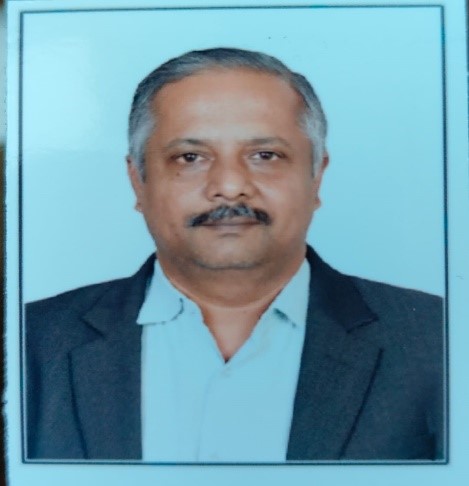PFRDA Chief at CII Financing Summit: Patient Capital Is the Future: Pension & Insurance Funds Critical for India’s Growth Path

FinTech BizNews Service
Mumbai, November 19, 2025:There has to be a better marketplace getting developed for large and long-dated funds, so that savings get transformed into productive investments, highlighted Shri S Ramann, Chairman, Pension Fund Regulatory and Development Authority (PFRDA) while speaking during the session on ‘Funding India’s Long-Term Growth: Matching Supply and Demand’ at the second edition of CII Financing Summit 2025 organised in partnership with Department of Financial Services, Ministry of Finance in Mumbai today. He further added that predictable long-term instruments, more credit-enhanced structures, deeper corporate bond markets, and supporting credit rating agency ecosystem will be vital to allow pension funds to scale their participation in infrastructure and other long-term sectors.
Providing the Government’s perspective, Shri Manoj M. Ayyappan, Joint Secretary, Department of Financial Services, Ministry of Finance, underlined the steps taken by the government to build a financial ecosystem capable of supporting India’s expanding development agenda. He emphasised the importance of deepening financial markets, strengthening credit guarantee frameworks, and ensuring seamless flows of long-term capital across the system to achieve the goal of Viksit Bharat.
“While the banking sector and the government have done the heavy lifting till now for funding infrastructure, it has to spread to other forms of capital, like good long-term patient capital such as pension and insurance funds”, Mr Ayyappan added.
He further highlighted the ongoing efforts by government to expand long-term savings channels, improving risk management, and building more innovative and efficient mechanisms for credit intermediation. He also underscored that along with infrastructure, financing the large capital need of rural sector and MSME is crucial.
From the perspective of development finance institutions, Mr Rajkiran Rai G, Managing Director of NaBFID, observed that India is entering a period where long-
term financing requirements will surge, especially as infrastructure creation accelerates. He added that the urban sector will remain the largest absorber of long-term financing, with significant investment needed in public transport, affordable housing, utilities, and city-level resilience. Energy requirements, especially for datacentres, and port-led multimodal logistic infrastructure are other sectors which need large capital funding.
Mr Palash Srivastava, Managing Director (Additional Charge), IIFCL, stressed that India must expand and diversify long-term financing for infrastructure, as traditional bank-led funding is no longer sufficient. Large domestic pools such as pension funds, insurance funds and mutual funds are still significantly underutilised, and unlocking them will require the government to strengthen de-risking tools, guarantees and payment security frameworks, particularly for sectors like MSMEs, where aggregated behaviour is more stable than perceived.
He noted that well-intended mechanisms like surety bonds face capacity gaps on the insurance side, and India now needs more granular, project-level credit enhancement structures rather than only broad corporate-level solutions.
Providing an investment banking and private markets perspective, Ms Sonia Dasgupta, MD & CEO – Investment Banking, JM Financial, noted that early-stage green and infrastructure projects cannot depend on capital markets, which typically enter only after risks have eased. India must therefore channel more long-term domestic savings - pension, insurance and household funds - into these sectors by offering simpler, more flexible products that give investors’ confidence without forcing them into very long lock-ins.
The session also explored the financing needs of emerging areas such as digital infrastructure, logistics platforms, climate adaptation, water management, and rural connectivity. Participants agreed that long-term financing cannot remain limited to traditional infrastructure sectors but must evolve to support new-generation areas that are becoming critical to India’s economic resilience. The need for improved project preparation, predictable regulatory environments, and high-quality risk assessment frameworks was also discussed, with stakeholders emphasising that these elements will be essential to build greater investor confidence.
The session was moderated by Mr Sakate Khaitan, Senior Partner at Khaitan Legal Associates.